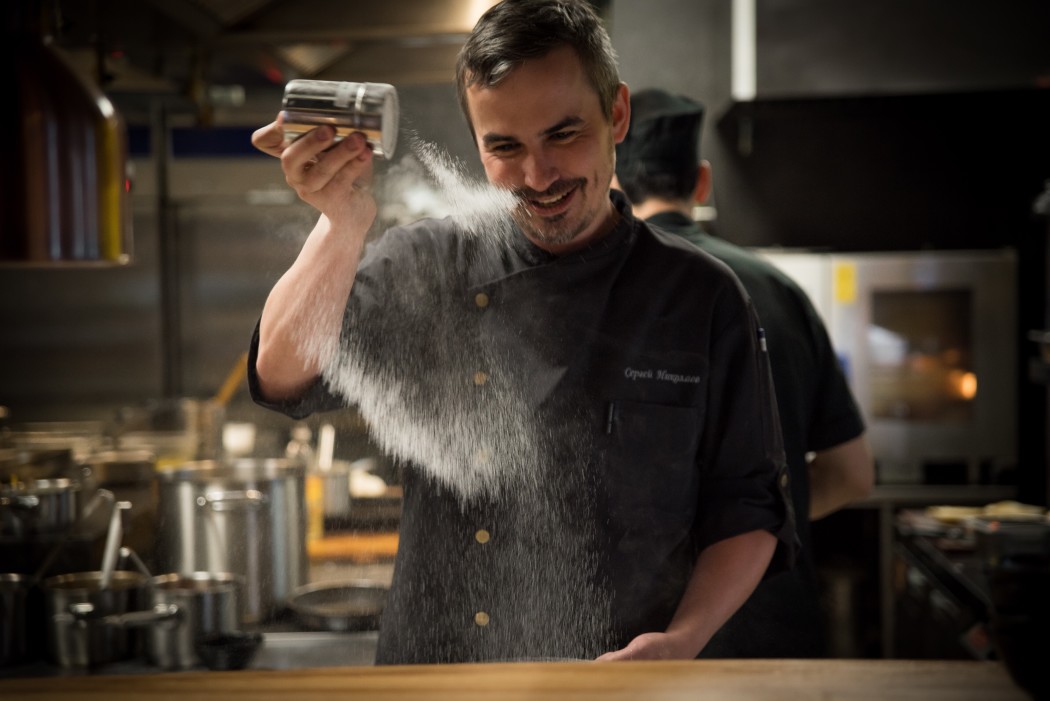The Importance of Food Chain Control and Compliance

COVID-19 Statement
March 20, 2020
Alcohol Management with Fintech
April 7, 2020The Importance of Food Chain Control and Compliance
Having a tightly controlled supply chain can not only help improve your bottom line, it’s crucial for keeping your customers safe. This is especially important in the private club scene where members expect an exclusive experience and pay top dollar for high-end food and drinks. If a member becomes ill from the food your club serves, it can damage the reputation and finances of your establishment.
Food contamination can occur in production, processing, distribution and preparation when standards are not followed. As the final point between contaminated food and a customer, controlling your supply chain is critical to reduce food borne illness.
Preventing foodborne illnesses saves lives
Foodborne illness is caused by the ingestion of food that is contaminated with disease-causing microbes, pathogens or (mostly accidental) poison. Each year, the Centers for Disease Control and Prevention estimates that 1 in 6 Americans get sick from foodborne diseases, many of which are preventable.
We have seen the importance of proper food chain control and compliance first-hand of late. In Dec. 2019, the World Health Organization reported the first cases of COVID-19 in China. Classified as a zoonotic virus, it is suspected to have initially passed from animal to human at a food market before being transmitted from person to person. On March 11, 2020 COVID-19 was classified as a pandemic.
While we commonly hear about salmonella and norovirus, it’s vital to follow food safety standards, especially in regards to cross-contamination and storage, to stop illnesses like COVID-19.

What is effective food control?
While every touchpoint in the food supply chain should be complying with controls, the kitchen in your private club is the final barrier between protecting customers from contaminated dishes. It’s paramount that your team is trained on proper food chain control compliance as well as appropriate storing and handling methods.
For any industry that serves food, effective food chain control must include the following elements:
The incentives driving food chain compliance
Currently, there are three driving factors that prevent and dissuade companies from selling pathogen-contaminated foods: Market forces, food safety laws and regulations and product liability laws. To varying degrees, each of these incentives affect how members of the food supply chain ensure compliance with food safety.
The first motivator, market forces, is awareness of the negative impact that occurs if members become ill from consuming food at your club. This self-preservation to avoid negative press and loss in revenues rests at the heart of your operations. In an industry driven by membership satisfaction, market forces are a primary motivator for clubs to prevent contaminated food from being served.
Food safety laws and regulations impact all touchpoints in the supply chain, from growers and processors to distributors and retailers. At the club level, having your licenses and certifications is essential for daily operations. They address everything from proper temperature controls and sanitation, to how to inspect and record receipt of the products.
Finally, product liability law is the knowledge that members can receive financial compensation, at the expense of the club, if they are made ill by consuming contaminated food products from your kitchen. The extraordinary complex chain of liability involves every part of the food chain, from raw ingredients through retail sales.
Automated inventory management puts clubs in control
In addition to securing insurance and complying with laws and regulation, private clubs can do more to protect themselves and their members. That can begin with investing in better inventory management solutions. According to Score manually tracking the food chain supply is inherently flawed. Relying on written expiration dates and tracking can easily lead to mistakes that could have severe consequences.
The liability to the club, the board and executive staff if a member or guest contracts a food borne illness is simply too high to be neglected. Every club needs a plan that documents their supply chain control, and automation can help. Eliminating manual processes ensures your club staff follows standard operating procedures and helps to keep your company in compliance with food chain control.
When everyone in the food supply chain follows these standards, they are not only prioritizing their members’ experience, they are protecting public health.




